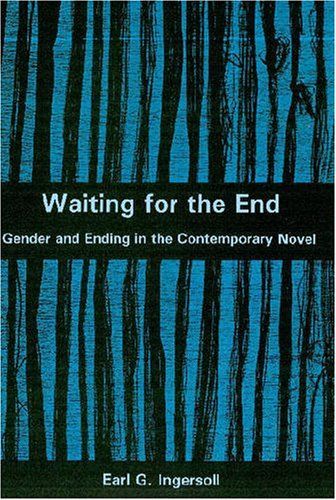
Waiting for the End Gender and Ending in the Contemporary Novel
Waiting for the End examines two dozen contemporary novels within the context of a half century of theorizing about the function of ending in narrative. That theorizing about ending generated a powerful dynamic a quarter-century ago with the advent of feminist criticism of masculinist readings of the role played by ending in fiction. Feminists such as Theresa de Lauretis in 1984 and more famously Susan Winnett in her 1991 PMLA essay, Coming Unstrung, were leading voices in a swelling chorus of theorist pointing out the masculinist bias of ending in narrative. With the entry of feminist readings of ending, it became inevitable that criticism of fiction would become gendered through the recognition of difference transcending a simple binary of female/male to establish a spectrum of masculine to feminine endings, regardless of the sex of the writer. Accordingly, Waiting for the End examines pairs of novels - one pair by Margaret Atwood and one by Ian McEwan - to demonstrate how a writer can offer endings at either end of the gender spectrum.